
Use Big Bang-Cliff Hangs to Create Page-Turners
Identifying which of the two broad storytelling structures best suits your story, linear or nonlinear, is a key to storytelling success, but it's not the only structural decision authors need to make. In addition to choosing the best overall structure for your story, you also need to consider structure at the chapter level.
Every chapter offers a new opportunity to hook your readers' interest. The most effective way to do this is to start with a Big Bang, something that immediately inspires reader curiosity. The incidents that follow the Big Bang should satisfy that curiosity and seamlessly lead to a Cliff Hang, an ending that inspires more curiosity. This Big Bang-Cliff Hang structure keeps your readers turning pages.
GLOSSARY
The following words and phrases are used to convey specific meanings in this article.
• BIG BANG: Jane K. Cleland's term for an approach to starting a chapter that inspires immediate curiosity.
• CLIFF HANG: A shortened version of a "cliffhanger," which refers to a chapter ending that inspires urgent curiosity. The term, by the way, came from Thomas Hardy's novel, A Pair of Blue Eyes (1873), which ended with a character literally hanging from a cliff.
• THE MIDDLE: The section of your story that satisfies reader curiosity by moving the plot or storyline forward and setting up the next Cliff Hang.
• STORY AND PLOT: Story refers to your overarching, thematically based tale. Plot refers to the consecutive series of incidents that, taken together, tell your story. Your story is high-level. Your plot is incident-based.
This story is from the {{IssueName}} edition of {{MagazineName}}.
Start your 7-day Magzter GOLD free trial to access thousands of curated premium stories, and 9,000+ magazines and newspapers.
Already a subscriber ? Sign In
This story is from the {{IssueName}} edition of {{MagazineName}}.
Start your 7-day Magzter GOLD free trial to access thousands of curated premium stories, and 9,000+ magazines and newspapers.
Already a subscriber? Sign In
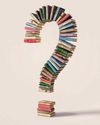
What Is Your Story Question?
Revision and editing advice to take your first draft to the next level.
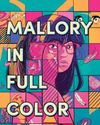
Writing for the People We Hope to Become
Elisa Stone Leahy's new middle-grade novel, Mallory in Full Color, tackles the in-between moments of adolescence, when who we are and who we want to become collide.
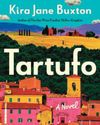
Creating Community
Whether hot off the presses or on the shelves for years, a good book is worth talking about.

Pat Barker
The Booker Prize-winning author of Regeneration shares the role characters play in developing novel ideas and explains what appeals to her about reimagining mythology.

How to Write in Different Genres
Emiko Jean and Yulin Kuang share tips and strategies for how they successfully write in different genres and mediums.
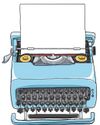
The Shortest Distance Between Two Points
Ten tips for writing a novel with 100-word stories.
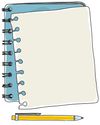
Mayfly Marketing
How to sell your novel in a short-attention-span world.
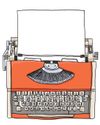
"You'll be a great essay".
How to write six types of personal essays by finding the funny in your life.
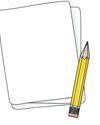
The Idea Factory
Tired of staring at an empty screen? Unlock your inner fiction generator with these surprising inspiration techniques.
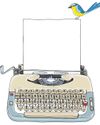
Seinfeld Was Right: That's a Story
Use mundane moments from everyday life to create stories that pack a punch.